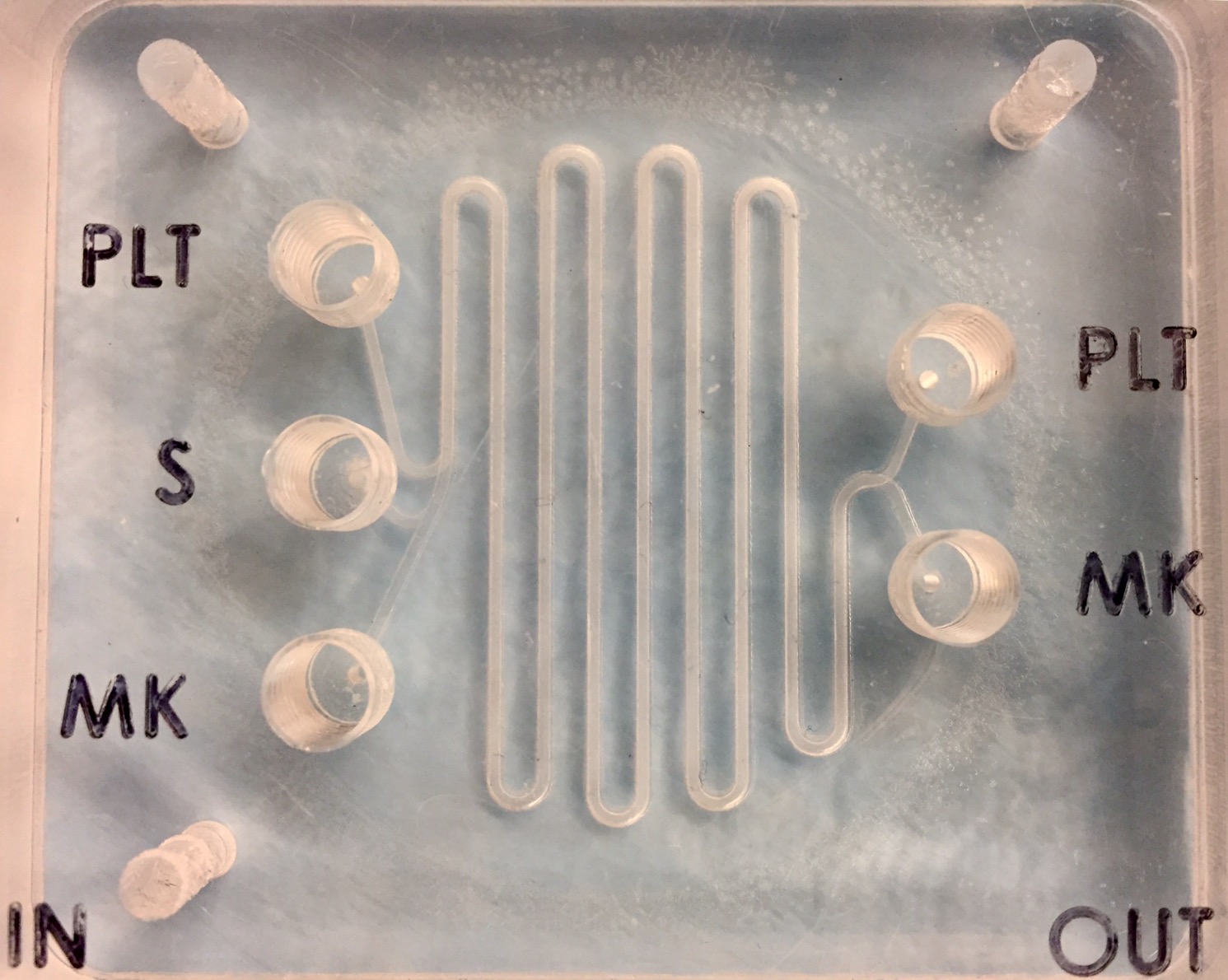
Harvard University spinout raises $10M to advance platelet bioreactor technology
By removing human donations from the platelet equation, Platelet BioGenesis hopes to create a more reliable supply.

By removing human donations from the platelet equation, Platelet BioGenesis hopes to create a more reliable supply.

Two of the hottest fields in biopharma got another boost this week, with a $32 million Series A raised by a regenerative medicine startup and a separate $40 million in financing for the treatment of liver fibrosis and NASH.

Alan Murray on improving access for medical transportation.
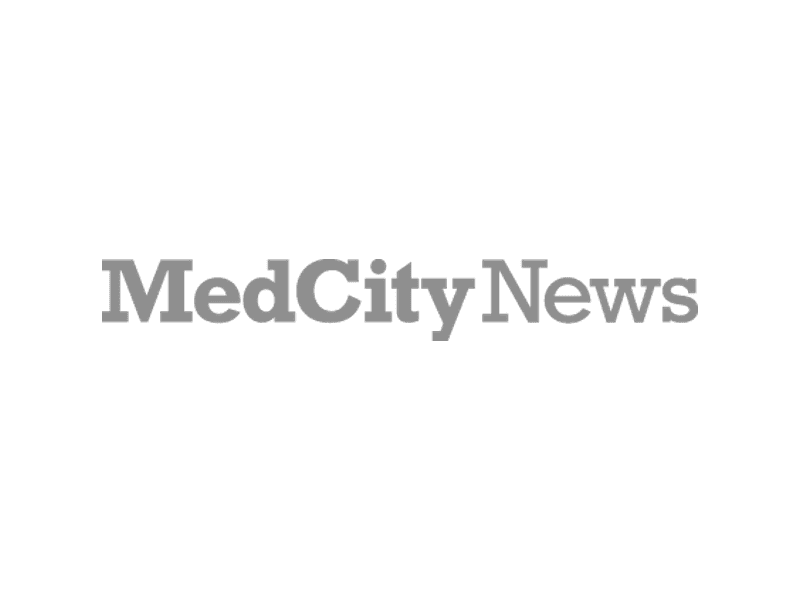
The analysis said that the consent forms signed by the women did not mention a clinical trial.
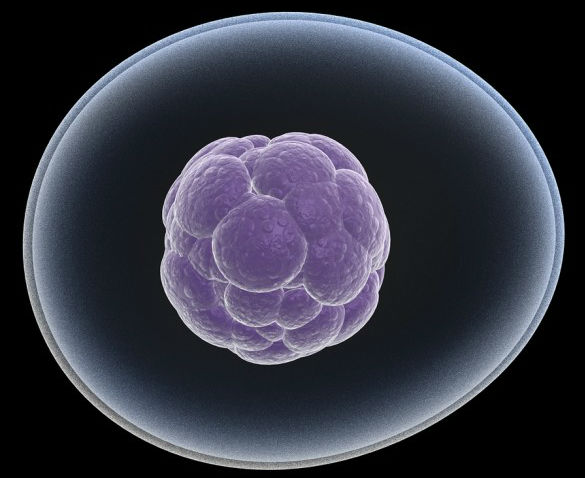
One of the largest hospital networks in the U.S., Sanford Health, has committed up to $20 million to help progress InGeneron's adipose-derived stem cell program.

Rheumatoid arthritis patients given a single intravenous dose of Mesoblast's novel stem cell therapy were still demonstrating therapeutic benefits nine months later, according to new Phase 2 data from the Melbourne, Australia-based company.

Atlas and Third Rock Ventures have co-led a $48.5 million Series A for Magenta, a Boston start-up hoping to revive the stem cell field with its novel transplant platform.

In a landscape where complexity has long been the norm, the power of one lies not just in unification, but in intelligence and automation.
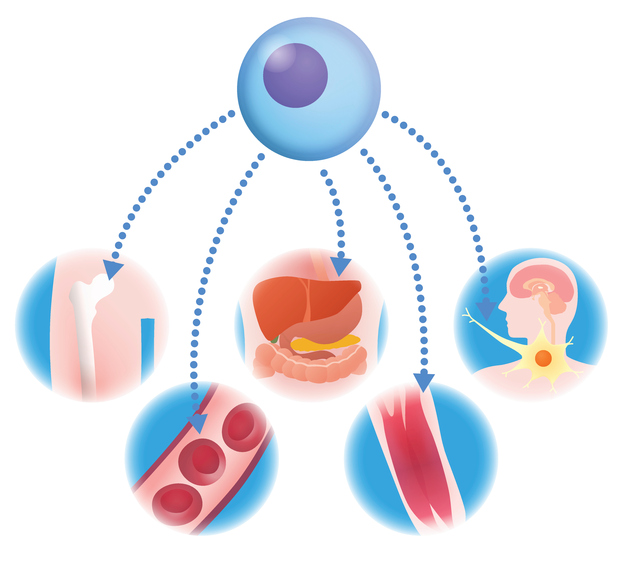
Self-regeneration designed to harness the body’s inherent power to heal itself is already improving lives and changing medical practices in many parts of the world.
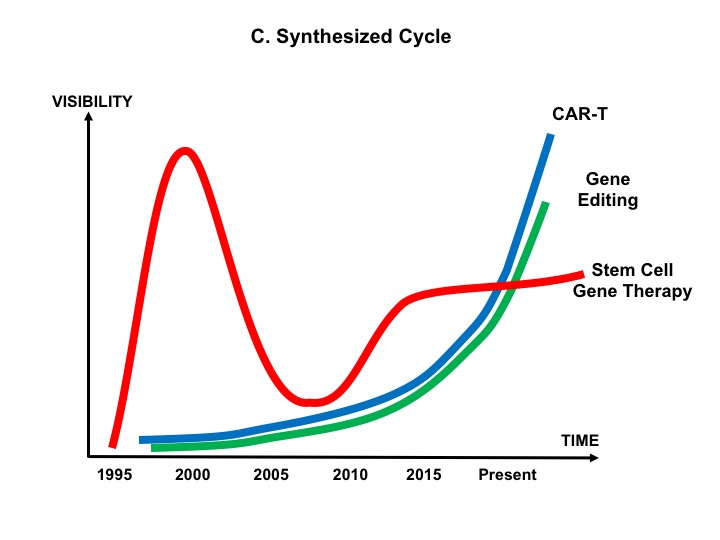
With a switch from T cells to stem cells and a roller-coaster hype ride, the gene therapy field has delivered on its promise from over 25 years ago with a medicine that now offers a real hope for children with ADA-SCID.

The U.S. has 351 stem cell clinics making an awful lot of businesses making marketing claims about stem cell interventions,” said Leigh Turner, coauthor of the study and a bioethicist at University of Minnesota.
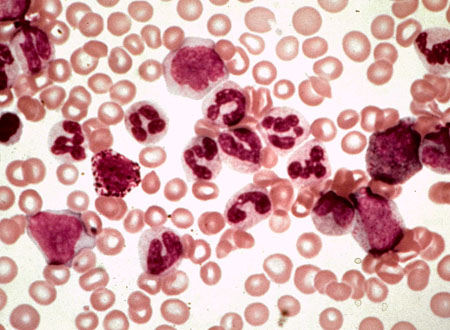
“We showed that cancer stem cells co-opt an RNA editing system to clone themselves. What’s more, we found a method to dial it down,” said principal investigator Dr. Catriona Jamieson, of UC San Diego School of Medicine.
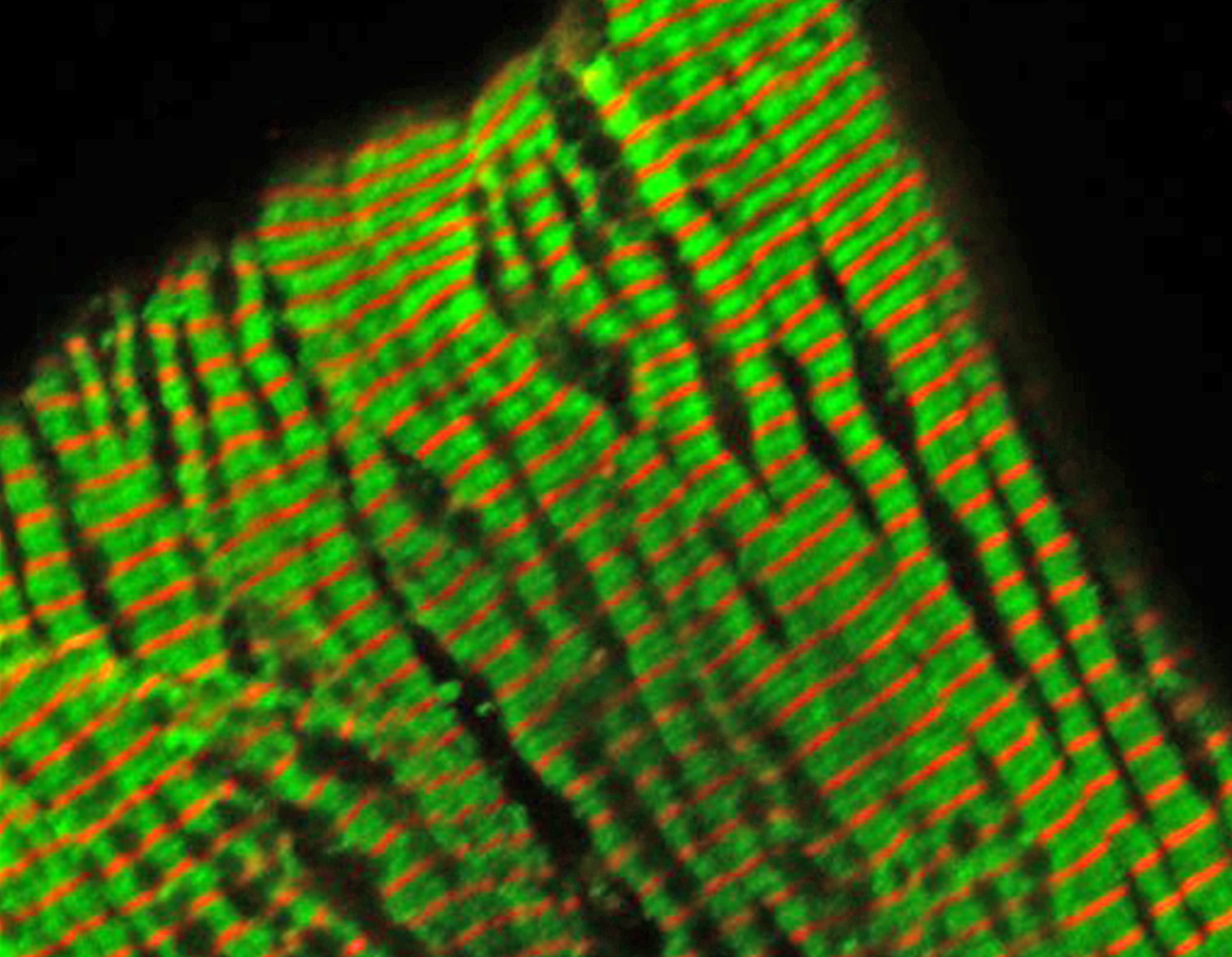
The technology, developed by a multi-institutional team led by the Cincinnati Children's Heart Institute, would allow doctors to intervene earlier to help patients manage their conditions and help inform future pharmacologic treatment options.

Its core science comes from Harvard Stem Cell Institute researcher Richard Gregory, who focuses on the function of miRNA in disease manifestation. We're guessing Homology Medicines is in this field as well.

As opposed to taking a small molecule or even antibody approach to treating neurological disease, Neurona "is focused on unique compositions of cells that can be precisely targeted, integrated into damaged neural circuits, and provide activity-dependent regulation."

Stem CentRx posits that cancer is caused by stem cells gone awry - and is developing antibody drug conjugate therapies to help attack cancer at its root. The Peter Thiel-backed "unicorn" startup is valued at some $3 billion.

CardioCell's in Phase 2a trials with its stem cell therapy for chronic heart failure. Its approach is to infuse stem cells into a patient's system taht stimulate the heart cells into to working again.